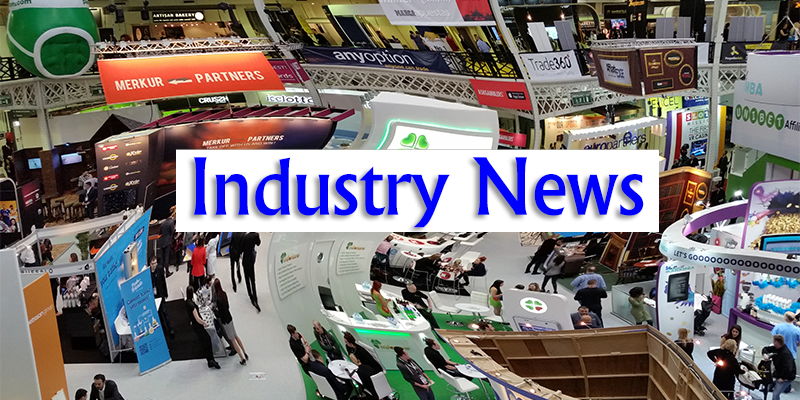New South Wales and Australian Capital Territory discussions with “synthetic lottery” provider Lottoland unlikely to go down well with other states and Tatts
Just when it looked as if overwhelming retail association, corporate and political opposition to secondary lottery provider Lottoland had scuppered the Gibraltar-based provider (see previous InfoPowa reports) the news broke Thursday that retail representative bodies in two Australian states – the populous New South Wales and Australian Capital Territory – are considering Lottoland‘s generous profit-sharing offer.
The Newsagents Association of NSW and ACT (NANA) move is unlikely to please other states that have campaigned vigorously and persuaded the federal government to become involved in attempts to ban secondary lottery activity.
NANA has confirmed it is considering entering into a profit-sharing agreement with Lottoland after the latter’s much publicised offer of a 20 percent share in the profits of overseas bets when they refer customers to its site.
The offer was made under pressure as the federal government made increasingly threatening noises about imposing a ban that would effectively prevent Lottoland from prospering Downunder.
The offer was strongly rejected by the Australian Lottery and Newsagents Association (ALNA), the main representative body of the country’s newsagents, which described it as “nothing more than a desperate PR manoeuvre”.
However, NANA CEO Ian Booth appears at odds with that view, writing in his organisation’s newsletter:
“NANA is considering that offer. It is substantially higher than previous offers made to ALNA and to newsagents in the media. The offer is based on a percentage of sales value, not profit. The percentage rate is higher than the percentages newsagents and other lotteries outlets receive in commissions from Tatts Group Lotteries for their lotteries products.”
Booth has also expressed concern regarding Tatts’ motivation in attempting to drive Lottoland out of Australia, pointing out that Tatts’ growing digital business is taking market share from newsagents.
“From day one of the campaign funded and conducted by Tatts Group Lotteries against alternate lotteries/wagering products, NANA has stressed that there will be enormous consequences for newsagents if Tatts Group Lotteries has no effective competition,” Booth wrote.
“Already, Tatts Group Lotteries has an almost monopoly position in every state and territory except Western Australia. If this position is reinforced by a legislated ban on alternate/wagering products, there will be nothing to prevent Tatts Group Lotteries building on their thrust into online sales. Already their online sales represent a significant proportion of the overall sales of lotteries products.”
Booth has also revealed that his organisation is active on the political front as well, advising that NANA has written to the deputy prime minister and Senator [Mitch] Fifield about the proposed amendments to Interactive Gambling legislation.
“If the identified issues concerning taxation, state government revenue, consumer education and income for newsagents and other lotteries outlets are resolved, why shouldn’t newsagents get an additional income stream, which balances what they are losing to alternate wagering products and to Tatts Group Lotteries’ own online sales activities?” Booth asks.
Although NANA is the representative body for newsagents in the states of NSW and the ACT, Booth revealed that it had been approached by news agents outside these states to represent them on this issue.
In a strongly worded conclusion, Booth noted:
“NANA has been approached to represent the interests of significant blocks of newsagents outside of NSW and ACT. Why? Because newsagents are sick and tired of being used as cannon fodder by the likes of Tatts Group Lotteries and associations that act as their mouthpiece. NANA is working with those newsagents to work out what will be best for them.
“Throughout the campaign orchestrated and funded by Tatts Group Lotteries, a campaign on which they have spent more than $5 million, they portrayed the resistance they have created as being initiated and managed on a grass roots level by newsagents and other lotteries outlets.
“Make no mistake, the campaign was and is funded and orchestrated by Tatts Group Lotteries. Some newsagent and lotteries associations have tied themselves to the campaign and appear to act as mouthpieces for Tatts Group Lotteries.”


